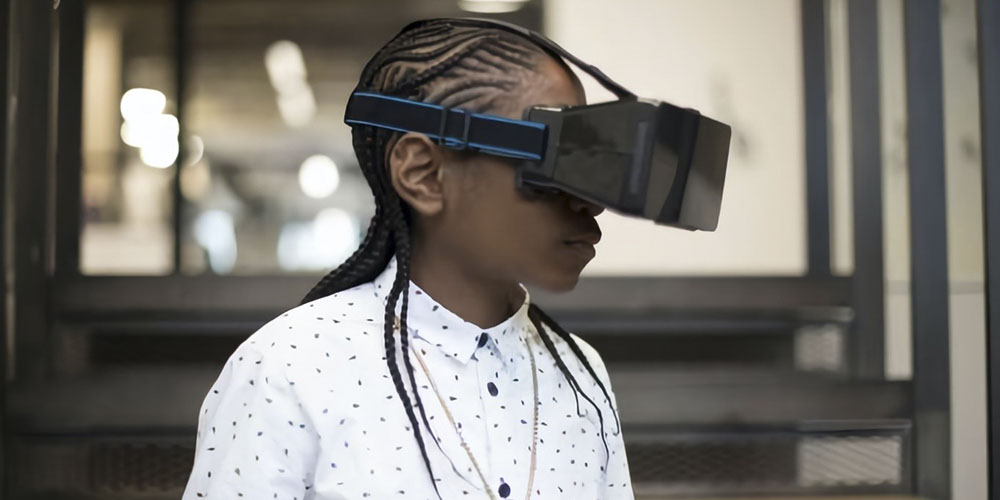Marketers need to take a nuanced approach when interacting with different age groups, such as Gen Z and Baby Boomers. For this reason, becoming an expert in customised marketing is essential. Understanding the unique interests, values, and communication styles of each group is essential when it comes to crafting messages that effectively resonate. In this blog, we will examine marketing strategies for each generation, including advice on how to adapt marketing tactics for Gen Z, Millennials, Gen X, and Baby Boomers. By customising your marketing tactics for each group, you can boost participation and see noteworthy results.











